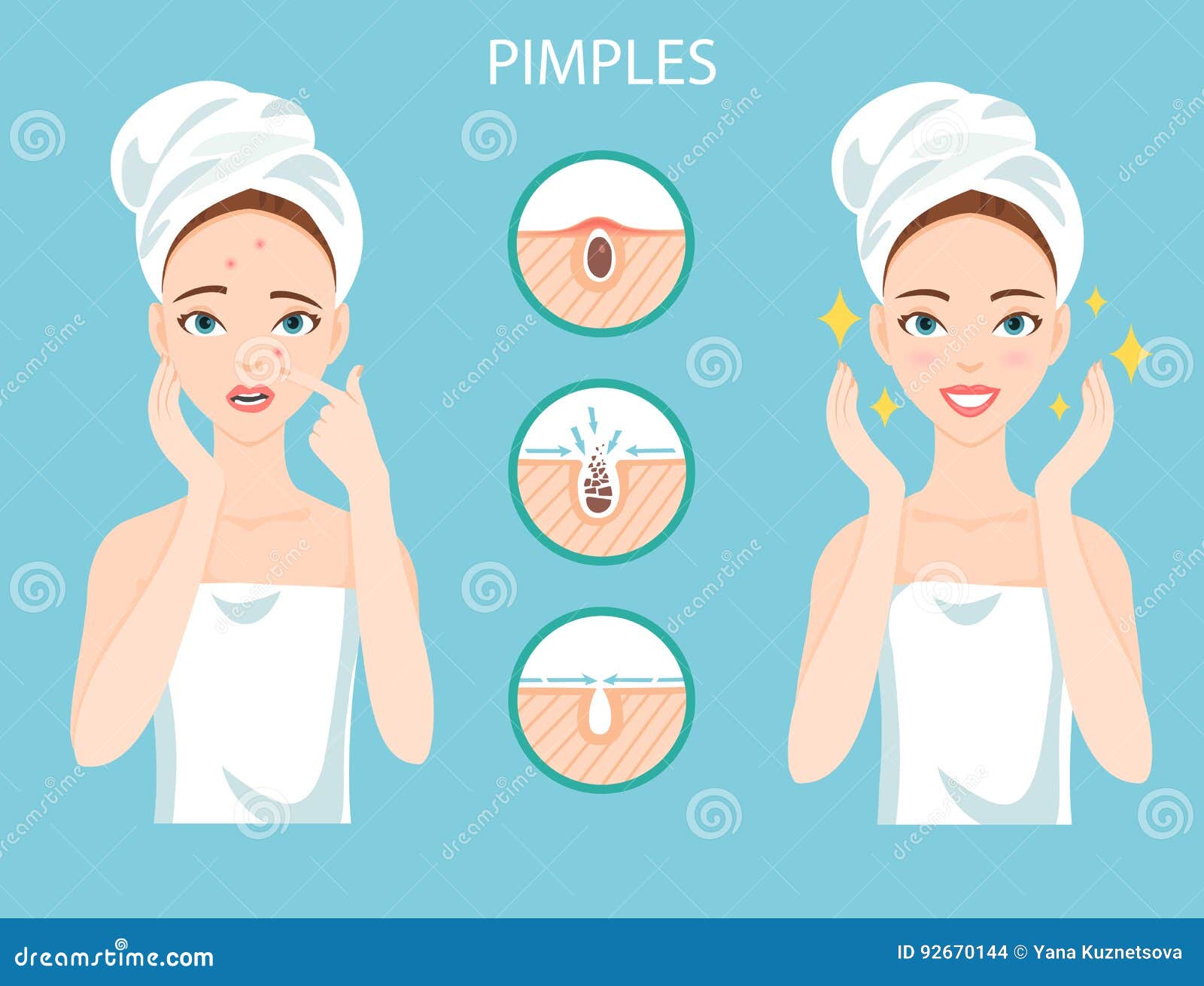Misconceptions And Truths About Acne: Debunking Common Misconceptions
Misconceptions And Truths About Acne: Debunking Common Misconceptions
Blog Article
Web Content Writer-Haney Cameron
You could believe that indulging in chocolate or oily foods is the origin of your acne, but that's just one of several myths swirling around this typical skin condition. Actually, acne largely comes from clogged hair follicles, not your last treat. Misunderstandings like these can lead you to embrace ineffective skincare practices that might also aggravate your scenario. As you navigate the realities behind acne, you'll find insights that might change your technique to skin care and assist you attain clearer skin. So, what really lies underneath the surface area?
Common Myths About Acne
When it involves acne, many individuals count on typical myths that can bring about confusion and stress. One prevalent myth is that consuming delicious chocolate or oily foods creates acne. While diet can affect skin health, the straight link between particular foods and acne isn't as clear-cut as several assume.
One more typical mistaken belief is that you ought to scrub your face vigorously to clear breakouts. Actually, hostile scrubbing can aggravate your skin and get worse acne.
You could also believe that acne just impacts teenagers, however adults can experience it as well, typically as a result of hormone adjustments or stress. Some people believe that sun tanning can clear acne, but sun direct exposure can actually lead to skin damages and worsen breakouts in the long run.
Finally, several believe that making use of rough products will certainly remove acne promptly. Nonetheless, https://www.sixthtone.com/news/1007902/bones-of-contention-chinas-unhappy-cosmetic-surgery-patients can strip your skin of its natural oils, causing raised inflammation and even more breakouts.
Scientific Facts Behind Acne
Understanding the scientific facts behind acne can encourage you to tackle this common skin disease better.
Acne occurs when hair follicles become obstructed with oil, dead skin cells, and bacteria. This process typically begins with an overflow of sebum, the oil your skin normally creates. Hormone modifications, particularly throughout adolescence or menstruation, can cause this excess oil.
Microorganisms referred to as Propionibacterium acnes flourish in these clogged up pores, leading to inflammation. When your immune system reacts, it can trigger redness and swelling, resulting in those troublesome acnes or cysts.
Genes likewise play a role; if your moms and dads had acne, you could be a lot more susceptible to it.
Diet and stress and anxiety levels can influence acne as well, however research study is still progressing in these areas. While indulging in greasy foods won't directly cause breakouts, a balanced diet can support your skin health and wellness.
Similarly, managing https://cold-therapy09753.blogripley.com/32869948/the-science-behind-acne-treatment-how-active-ingredients-work-to-clear-skin can reduce hormone changes that might intensify acne.
Tips for Handling Acne
Taking care of acne effectively calls for a combination of day-to-day skin care behaviors and lifestyle adjustments. Begin by establishing a consistent skin care routine. Clean your face twice a day with a gentle, non-comedogenic cleanser to remove dust and excess oil. Prevent scrubbing too hard, as this can irritate your skin and aggravate acne.
Next off, include products having salicylic acid or benzoyl peroxide to help avoid breakouts. Always follow up with a lightweight, oil-free cream to maintain your skin hydrated. Don't neglect sun block; choose non-comedogenic options to secure your skin from UV damage without blocking pores.
Past skin care, take notice of your diet. Restriction sugary and greasy foods, and concentrate on fruits, vegetables, and whole grains. Remaining moisturized is essential, so drink plenty of water throughout the day.
In addition, manage tension with tasks like yoga exercise, meditation, or workout, as stress can set off outbreaks.
Lastly, prevent picking or standing out acnes. This can lead to scarring and additional swelling. If your acne continues, consult a skin doctor for tailored therapy choices.
Conclusion
Finally, it's vital to separate fact from fiction when it comes to acne. By disproving common misconceptions, you can much better recognize your skin and make informed options for your skin care routine. So, why remain to count on obsolete ideas when the reality can encourage you? Welcome much healthier habits, concentrate on gentle cleaning, and bear in mind that managing acne is a journey. With the ideal understanding, you're one action better to clearer, healthier skin.
